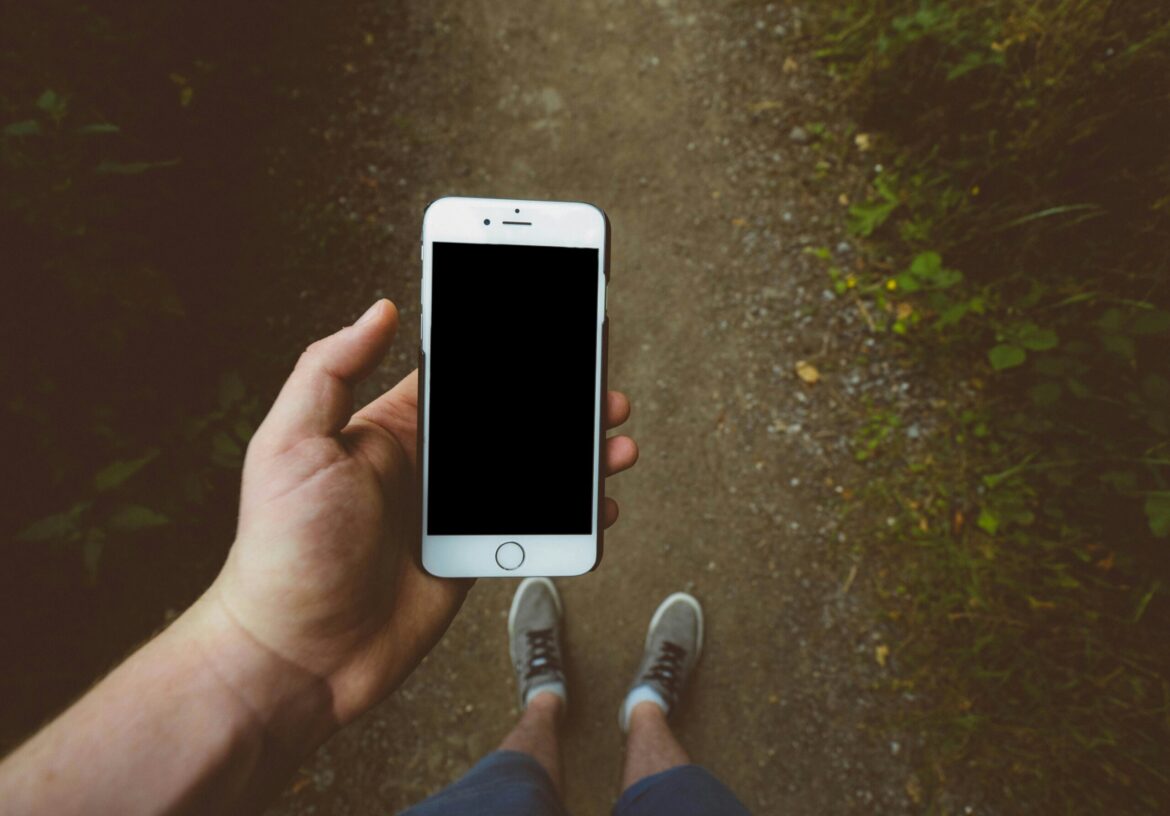In today’s world, our phones have become indispensable tools for work, communication, and navigation. While they offer many benefits, it’s easy for them to take over our lives, leading to detrimental effects on both our mental and physical well-being. If you’ve found yourself reaching for your phone at all hours or feeling distracted by constant notifications, you’re not alone. But the good news is, it is possible to regain control. Here are some practical strategies to help you reduce your dependence on your phone and foster a healthier relationship with it.
Why Phones Are So Addictive
Modern smartphones are designed to keep us engaged. From social media apps to constant updates, they bombard us with stimuli, leading to habits that can feel more like an addiction than a useful tool. Research has shown that excessive screen time can lead to issues such as back pain, eye strain, anxiety, and even loneliness. Many people experience “nomophobia” (the fear of being without a phone), and some even suffer from “phantom vibration syndrome,” where you feel your phone vibrating when it’s not even there.
Creating Physical Barriers to Limit Use
Sometimes, simply setting up your environment to discourage phone use can be more effective than relying on willpower alone. Here are a couple of tools that helped me:
1. Wireless Charging Mat
I use a wireless charging mat to make sure my phone is out of reach while it’s charging. Once I place it on the mat, I can’t pick it up again. This simple act helps me resist the temptation to check my phone unnecessarily. When it’s out of sight, it’s easier to focus on what’s in front of me.
2. Lockbox for Forced Focus
For moments when I need to concentrate, I place my phone in a lockbox. The only way to access it is by entering a code, which makes it nearly impossible for me to mindlessly check it during important tasks. I call this strategy “Forced Focus,” and it’s been a game-changer for my productivity. By limiting access to my phone, I give myself permission to focus without distractions.
Introducing Healthy Habits to Break the Cycle
While limiting phone use is crucial, replacing it with healthier habits is just as important. Here are a few practices that helped me reclaim my time and attention.
1. Take Social Media Breaks
A simple yet effective tactic is to delete social media apps for a few days each week. This gives your brain a break from the constant influx of updates, preventing the feeling of “FOMO” (fear of missing out). After a social media detox, you’ll realize how much more peaceful your mind feels and how less critical social media is to your daily life.
2. Morning Chores to Set the Tone
One strategy I’ve found useful is starting my mornings with cleaning and tidying up. It’s a way to reset my space and set the right tone for the day. Cleaning in the morning has been shown to improve mental clarity and productivity, and by doing it before I get distracted by my phone, I make sure I’m not wasting precious time scrolling through apps.
3. Go for ‘Awe’ Walks
One of the most refreshing ways to disconnect from your phone is by going for a walk and actively taking in your surroundings. I call these “awe walks” because they encourage you to be present and appreciate the world around you. Whether you’re walking through the city or a park, the goal is to immerse yourself in the sights and sounds, without the distraction of checking your phone.
Disconnect to Reconnect
Some habits are harder to break than others, but by introducing phone-free practices into your daily routine, you’ll begin to see improvements in both focus and well-being. Here are a few more strategies that helped me along the way:
-
No Phone During Workouts
During your workouts, try to leave your phone behind. Whether it’s at the gym or at home, give yourself a break from texts and notifications. Engaging fully in physical activity without digital distractions helps you stay present and focused on your health. -
Phone-Free Dinners
One of my favorite tips is to have phone-free dinners. A few years ago, I went on a trip where we banned phones at the dinner table, and it was one of the most memorable experiences. We enjoyed deeper conversations and truly connected with the people around us. -
Set Boundaries for Notifications
Consider turning off unnecessary notifications during work hours. This reduces the constant interruptions and allows you to focus on the task at hand. You’ll be surprised how much more productive you become when you’re not constantly checking your phone. -
Keep Your Phone Out of the Bedroom
Finally, my most effective strategy has been to keep my phone out of the bedroom. Not only does this prevent the temptation to check it before bed, but it also ensures I get better sleep by avoiding blue light exposure. I keep my phone charging in another room, which forces me to get up and out of bed to turn off the alarm in the morning.
Embrace Technology, Don’t Let It Control You
Smartphones are amazing tools that make our lives easier in countless ways. But it’s essential to remember they should be tools, not masters. By introducing a few simple habits and creating boundaries, you can regain control and reduce the negative impact technology has on your mental and physical health. It’s all about balance, and with the right approach, your phone doesn’t have to take over your life.

